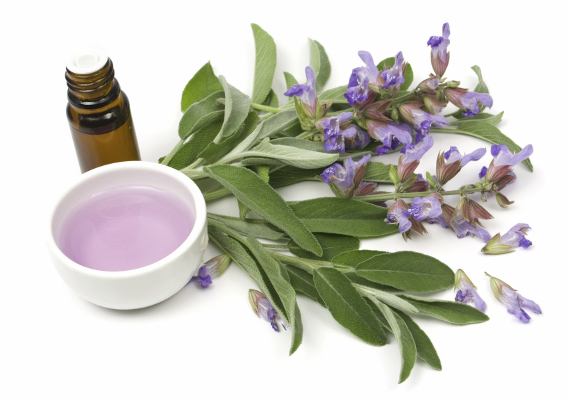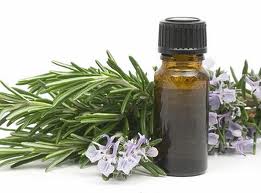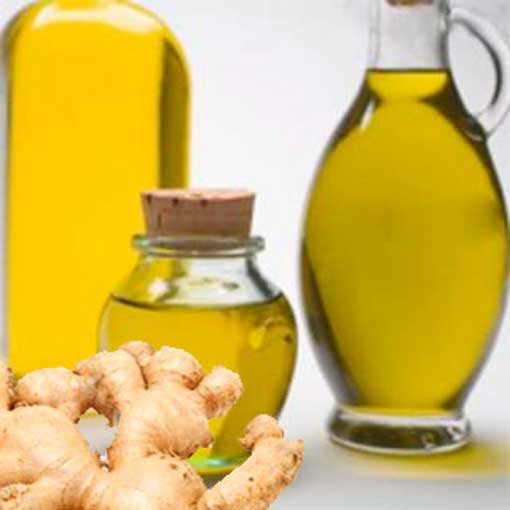Coriander is a gift from the warm Mediterranean. Its fruits contain valuable coriander essential oil, for which a vast amount of raw material is processed—one milliliter of oil from 100 kilograms of seeds.

The aroma of coriander is very warm, spicy, and imaginatively Eastern.
Uses of Coriander Oil:
- Thanks to its unique chemical composition , coriander oil is a strong antiseptic, carminative, cholagogue, analgesic, and laxative.
- Due to its high concentration of vitamins, coriander oil is a valuable fighter against scurvy.
- Linalool , which is part of coriander oil, has effective anthelmintic and antibacterial properties, making it useful for treating diphtheria, conjunctivitis, and cracked nipples during lactation.
- As a carminative agent, coriander is invaluable. It is also used as a hemostatic agent during heavy menstruation.
- For the prevention and treatment of flu and colds.
- Beneficial for the urinary and reproductive systems.
- The scent of coriander alleviates spasms in the brain and apathy.
- Improves gastrointestinal function and increases intestinal motility.
- Freshens the breath.
- Stimulates the production of estrogens.
The best antimicrobial combination is between basil and coriander oils.
Coriander oil can be taken with honey on an empty stomach—one teaspoon of honey and a drop of coriander oil.
In an aroma lamp, use 3-4 drops of coriander essential oil per room.
For massage with coriander oil—3-4 drops per 20 ml of base oil.



